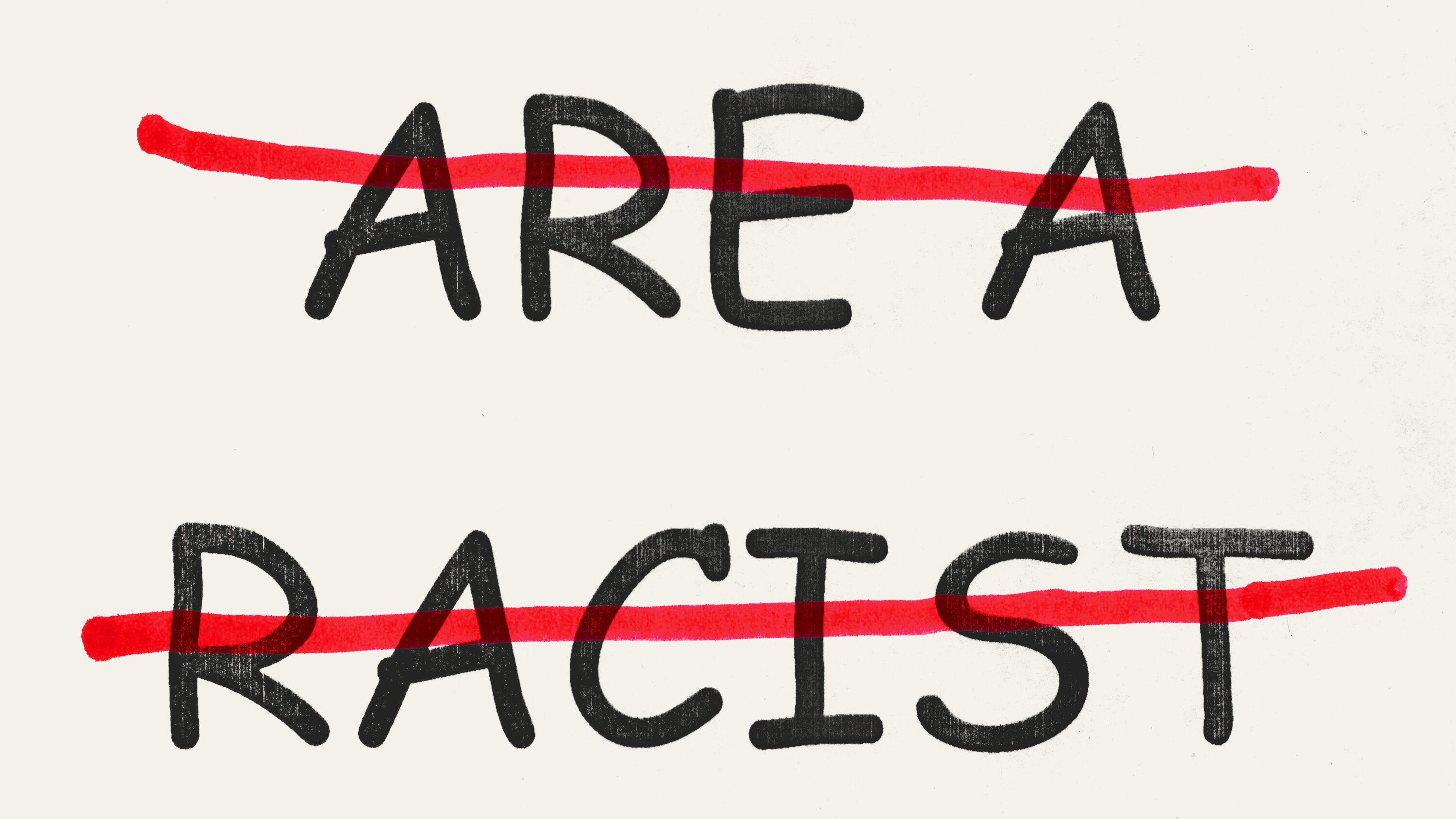Racist jokes have long permeated society, often disguised as humor, but their underlying implications can be deeply harmful and divisive. While some may argue that these jokes are merely a form of entertainment or an expression of free speech, it is crucial to recognize the impact they have on individuals and communities. The normalization of racist jokes contributes to a culture of intolerance and perpetuates stereotypes, ultimately undermining the efforts toward equality and understanding among diverse groups.
Moreover, the context in which these jokes are told plays a significant role in their reception. What may be understood as light-hearted banter in one circle could be perceived as offensive or damaging in another. This divergence highlights the importance of empathy and awareness in conversations about race and humor. As we delve deeper into the topic of racist jokes, we must consider their historical roots, the motivations behind them, and the societal changes required to combat their prevalence.
Lastly, addressing the issue of racist jokes requires a collective responsibility to foster a culture of respect and inclusion. By understanding the implications of such jokes and challenging the narratives they support, we can work towards a more equitable society. In this article, we will explore various facets of racist jokes, their origins, and the ongoing dialogue surrounding humor and race.
What Are Racist Jokes?
Racist jokes are humor that targets individuals or groups based on their race or ethnicity, often reinforcing harmful stereotypes and prejudices. While some may see them as harmless, their impact can be far-reaching, affecting perceptions and attitudes within society.
Why Do People Tell Racist Jokes?
Understanding the motivations behind why individuals tell racist jokes can shed light on deeper societal issues. Here are some common reasons:
- Desire for Acceptance: Some individuals may use racist jokes to fit in with a group, believing that humor can bridge differences.
- Ignorance: A lack of understanding about the implications of such jokes can lead individuals to believe they are harmless.
- Power Dynamics: Jokes that belittle others can create a false sense of superiority for the teller.
- Historical Context: In some instances, racist jokes have roots in historical oppression, making them particularly painful.
What Are the Consequences of Racist Jokes?
The repercussions of racist jokes extend beyond laughter. Here are some significant consequences:
- Perpetuation of Stereotypes: These jokes often reinforce negative stereotypes that can influence public perception.
- Social Division: Humor based on race can create barriers between communities, fostering division rather than unity.
- Emotional Harm: Victims of racist jokes may experience feelings of hurt, anger, and alienation.
- Cultural Sensitivity: The normalization of such jokes can desensitize individuals to real issues of racism and discrimination.
Who Are the Victims of Racist Jokes?
Victims of racist jokes can be anyone targeted based on their race or ethnicity. They may include:
- Individuals from Minority Backgrounds: Those who are directly targeted often feel the brunt of the jokes.
- Communities: Groups that share a common identity may experience collective harm from stereotypes.
- Society as a Whole: The normalization of racist jokes can erode social cohesion and mutual respect.
Can Racist Jokes Ever Be Funny?
The question of whether racist jokes can be funny is subjective and often contentious. While some comedians may attempt to tackle race with satire, the line between humor and offense can be razor-thin. Context, intent, and audience perception all play roles in determining whether a joke lands well or causes harm.
How Can We Combat Racist Jokes?
Addressing the issue of racist jokes requires a multi-faceted approach:
- Education: Raising awareness about the impact of racist jokes can help individuals understand the harm they cause.
- Open Dialogue: Encouraging conversations about race and humor can foster empathy and understanding.
- Accountability: Holding individuals accountable for their words can deter the use of racist humor.
- Promotion of Inclusive Humor: Encouraging humor that celebrates diversity can replace harmful stereotypes.
What Does the Future Hold for Humor and Race?
The future of humor concerning race lies in our ability to evolve and adapt. As society becomes increasingly aware of the implications of racist jokes, there is a growing movement toward more inclusive and respectful forms of humor. By challenging outdated narratives, we can create a space where humor unites rather than divides.
Conclusion: Moving Beyond Racist Jokes
Racist jokes may seem innocuous to some, but their impact is anything but harmless. As we continue to navigate conversations around race and humor, it is essential to recognize the power of words and the responsibility we hold in shaping our societal narratives. By fostering a culture of respect and understanding, we can move beyond racist jokes and work towards a more inclusive future.
You Might Also Like
Ava Raine: The Legacy Of Her Father And His InfluenceKourtney Kardashian's Son Mason Accident: What Happened?
Poppy Purrington: The Rising Star Of Social Media
Exploring The Unique Comedy Of James Acaster
Remembering Our Loved Ones: Heartfelt Birthday Quotes For The Deceased
Article Recommendations


